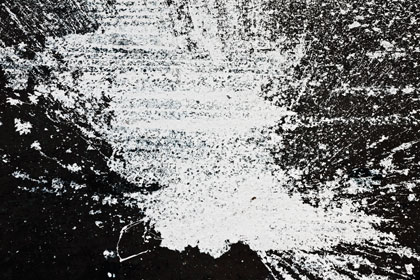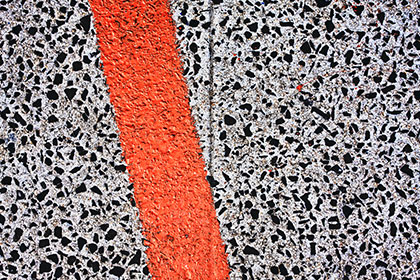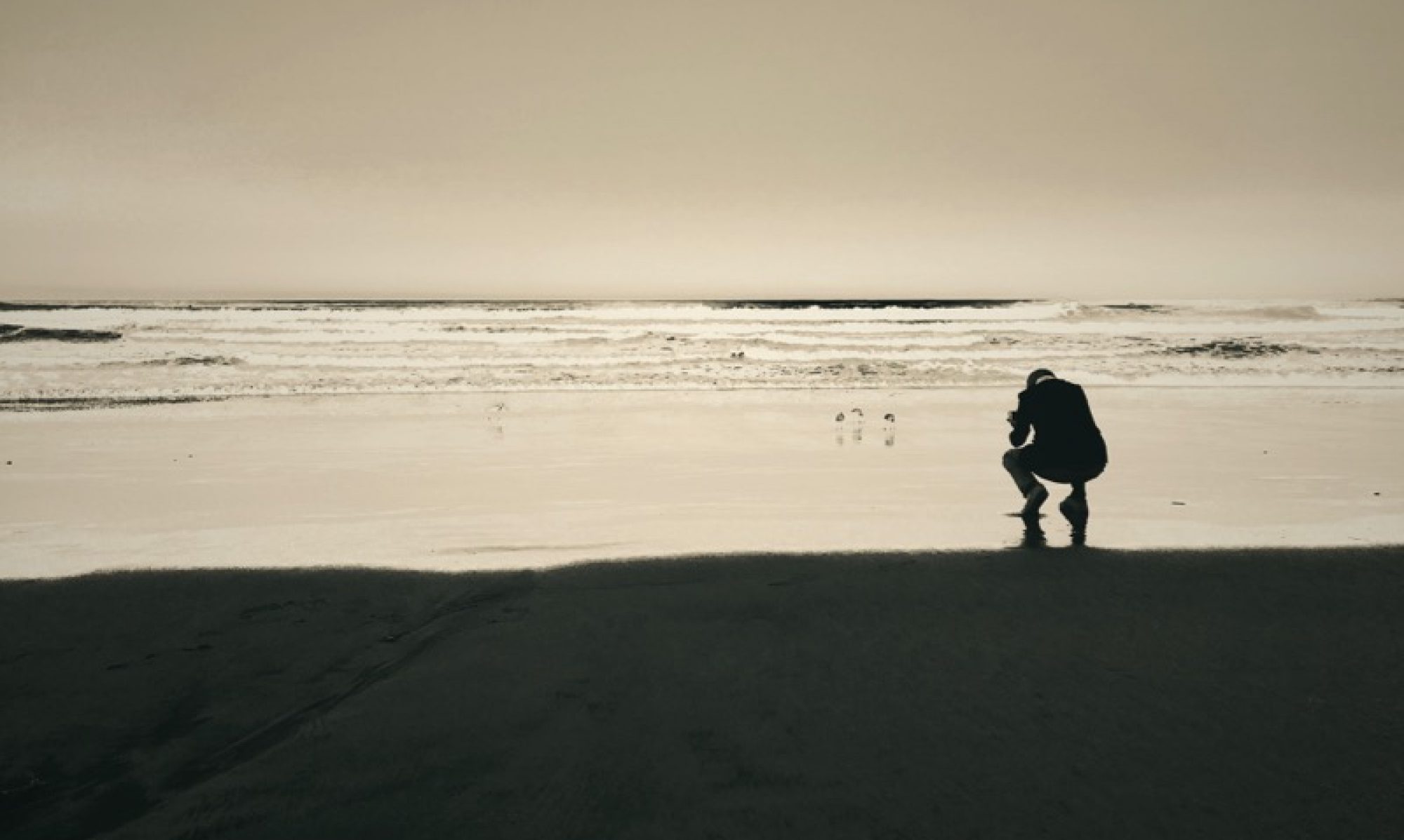“Dear Dr. Hare,
I spent last weekend at a philosophy conference at Princeton University, furthering and enhancing my American experience. Ironically, the night before, I saw the movie “A Beautiful Mind” about the life of John Forbes Nash, a math student at Princeton in the mid 1940ies, who later in his career was diagnosed with “paranoid schizophrenia”, came back to Princeton, was somehow tolerated on campus regardless, and went on to receive the Nobel Prize in Economics in 1994 for his “Nash Equilibrium”, which applied to Game Theory (out of curiosity, I just looked it up: as of 2007, Nash is still an active member of the Department of Mathematics at Princeton). So now I have a feel for this side of the country—a not unattractive mix of elitism and irreverence, I think. However, both the movie and the, occasionally, rather fierce conference, gave me pause with a view to my own life. While the act of photography itself does not necessarily leave your brain unused, the things that follow (the gallery scene, the art business, etc.) seem to. So where does that leave me with respect to the beauty of the mind?

But I’m writing to you about a somewhat more immediate question that I have (and, as you know, I do appreciate so much that, apart from our appointments, you do communicate with me by email, and have allowed me to post some of this on Notes From Nowhere [see here or here]). So my question is: Can one ever feel at home again as an expatriate? I hesitate when I write ‘again’, because I’m not sure that I ever felt at home, or ‘rooted’, anywhere in my whole life. You might think that it is suggestive and interesting—and I would love to hear your ideas on it—that when I think of ‘roots’ here I think of the mountains, which visually doesn’t seem to make sense. We’ve talked before about my fantasies that Manhattan’s skyscrapers are mountains, I know, and that I perhaps just should get over it. But something about mountains is deeply reassuring, and skyscrapers just do not have this effect on me. I do know that you have a number of patients from overseas––so, in your experience, can expatriates ever feel like being truly at home?
Thanks so much, as always,
J.”
“Dear Jens,
it is good to hear from you, I had a sense that something wasn’t quite right—you didn’t show up for our last meeting, and rather than emailing me directly, you emailed my assistant. My sense is that it would be helpful if we could meet for actual sessions more regularly, rather than corresponding in this somewhat erratic fashion. But I know that you are traveling most of the time, so this is what your life is like.

Forgive me for saying that, to me, your fascination with mountains seems to point to deep issues. We talked about this before, and I guess I thought that you might get over it in some way by working on your Mountain Project in the Dolomites [here…]. But I now see that you haven’t, and that your fixation on the mountains is only getting worse. What is going on with you, Jens? I think that you will find what you seek not by moving to the mountains, but by understanding why you do not have the kind of stability in your life that the mountains seem to suggest to you. Feeling at home need not be a matter of where you are—it might be a matter of not doubting what you are doing, and embracing your life. And do remember that, in the past, you have sometimes felt very much at home here, and that there are some who would miss you dearly if you left for a life lived entirely in the Alps.
Let’s talk soon at my office. It’s true that you can write to me, and that I am happy to write back. But I’m not sure that this can take the place of a real conversation.
Regards,
Dr. Hare”



